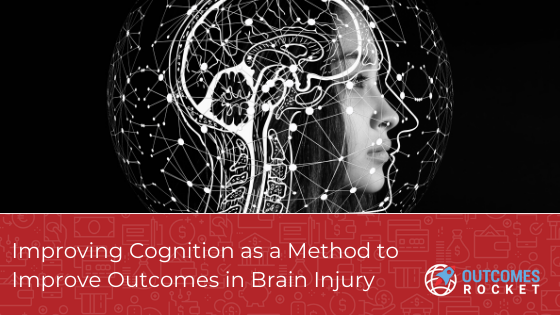
As a parent, I watch with concern when my son jumps on the bed, on the couch, on the stairs, or on anything that may cause him to tumble and fall headfirst to the floor. A heavy fall can cause serious damage to the brain and may drastically alter the course of his life.
According to the CDC, falls are among the leading cause of traumatic brain injury in the United States. It is a contributing factor to 30% of all injury-related deaths in the country. An estimated 2.8 million people get TBI every year. Around 56,000 end in death, 282,000 are hospitalized, and 2.5 million are treated and released from an emergency department.1
When a head injury happens, the brain tries to repair the damage. Depending on how severe the injury is and the kind of treatment that happens, the brain can return to almost full function. In severe cases, some parts of the brain just cannot be restored to normal function, resulting in long-time damage. This damage is translated into physical and emotional problems that severely affect the patient’s quality of life.
Problems with mental function can cause a person to be forgetful, stutter, and have difficulty analyzing situations. This problem with mental function can be difficult especially when pursuing education, looking for work, and sometimes just doing daily routines. I saw a TEDTalk where a young woman had a car accident and sustained TBI. She went from a straight-A student to someone who failed in all her subjects.
There are plenty of innovative companies that help doctors better assess patients with TBI, but very few companies that deal directly with giving access to care for people with brain injury, both ABI and TBI. Post-acute, these people are left to fend for themselves.
Mark Watson saw the need to create a standardized approach to treating the TBI population.
Mark is the CEO of ABI Wellness which is an evidence-based cognitive rehabilitation program for patients with chronic brain injury to improve higher-order cognitive functioning. It offers a holistic solution through its interdisciplinary four-pillar program — higher-order cognitive rehabilitation, aerobic exercise, mindfulness, and quality of life tracking. Backed by white paper studies from the University of British Columbia, this program was created to help damaged brains grow through the different interventions and stimulations.
In the podcast interview, Mark said that his team initially just wanted to ask the question “Can a behavioral cognitive rehabilitation program improve cognition for people with chronic TBI?” but they discovered in their survey that there was an area for improvement. They got to work, and the rest as they say is history.
Mark said that his team is helping people with TBI enjoy improved cognitive functions and live and report better activities of daily living changes.
To create a more significant impact, the ABI Wellness team had to blend the care model with B2B. The group worked on a software program to standardize interdisciplinary rehab but had to pivot and create an evidence-based practice with data and blend it with a B2B focused-service platform.
ABI Wellness caters to individuals suffering from chronic TBI and health service providers.
According to Mark, “How it works is we partner up with clinics. It is kind of like a licensing agreement that already specialized in the space. And what we want to do is we want to provide them the ABI Wellness system of care for them to deploy as they need.”
This system proved to be highly effective. Working one-on-one is great for building relationships but it can be financially challenging because OTs are well-compensated. But if you are aiming for the business side like ABI Wellness, they realized that a model of 6-to-1 provides a community for the patient and optimizes the care models for the provider.
The ABI Wellness team also had the good foresight to build models that can be delivered remotely, which is perfect for this pandemic season.
Mark’s commitment to making a difference in the lives of people with chronic TBI stems from his life experiences and career skills. He said, “I’m really proud of the outcomes that we’re seeing because people are reclaiming some of what they have lost and they’re sustaining those improvements.”
No matter what niche of healthcare you belong to, when you find yourself unsatisfied with the current standard, or when you see that there are some needs that are not met, take that chance.
Don’t miss the opportunity to do better.
Listen to more of Mark’s amazing experiences and our full podcast interview here:https://outcomesrocket.health/abiwellness/2020/05/
1 www.cdc.gov/traumaticbraininjury
According to the 2020 Centers for Disease Control and Prevention report, roughly 34.2 million Americans have diabetes,...
Read MoreAs a farmer, Rod was used to long days. He worked 18 hours a day, 7 days...
Read MoreWith investors receiving hundreds of pitch decks every year, how do you create a compelling presentation that...
Read More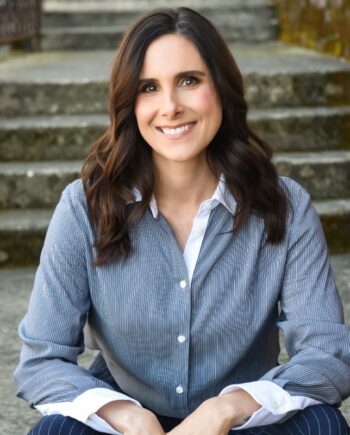
Brittany Busse Co-Founder, President, and Chief Medical Officer at
ViTelHealth
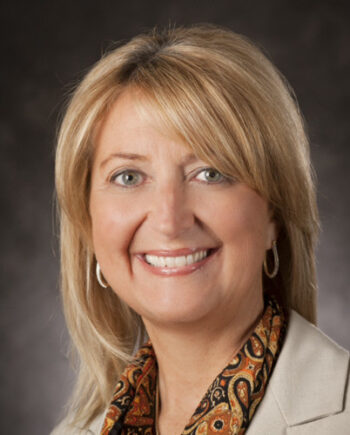
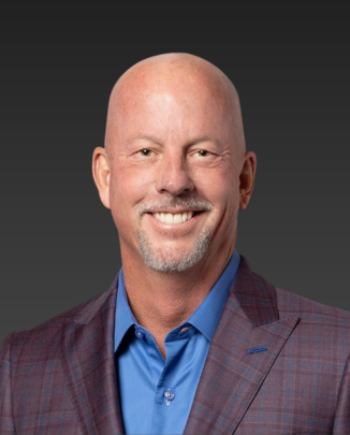
Stephen Thorne Founder and CEO at
Pacific Dental Services
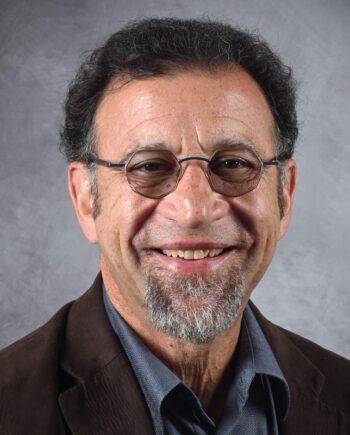
Keith Carlson Nurse Career Coach